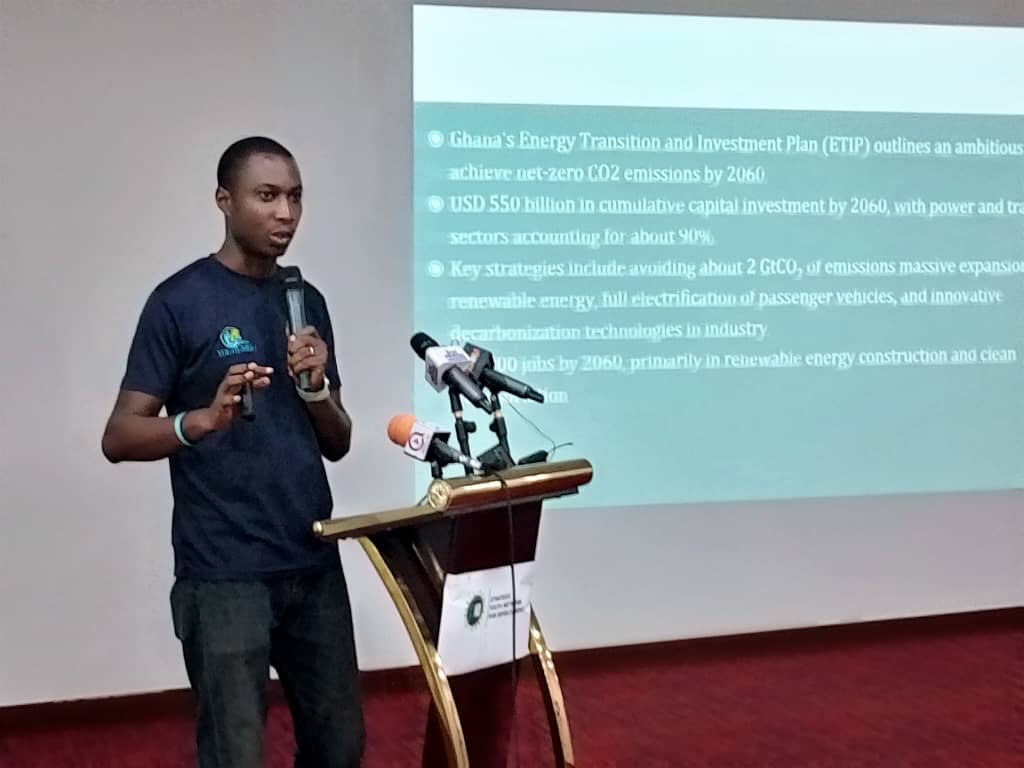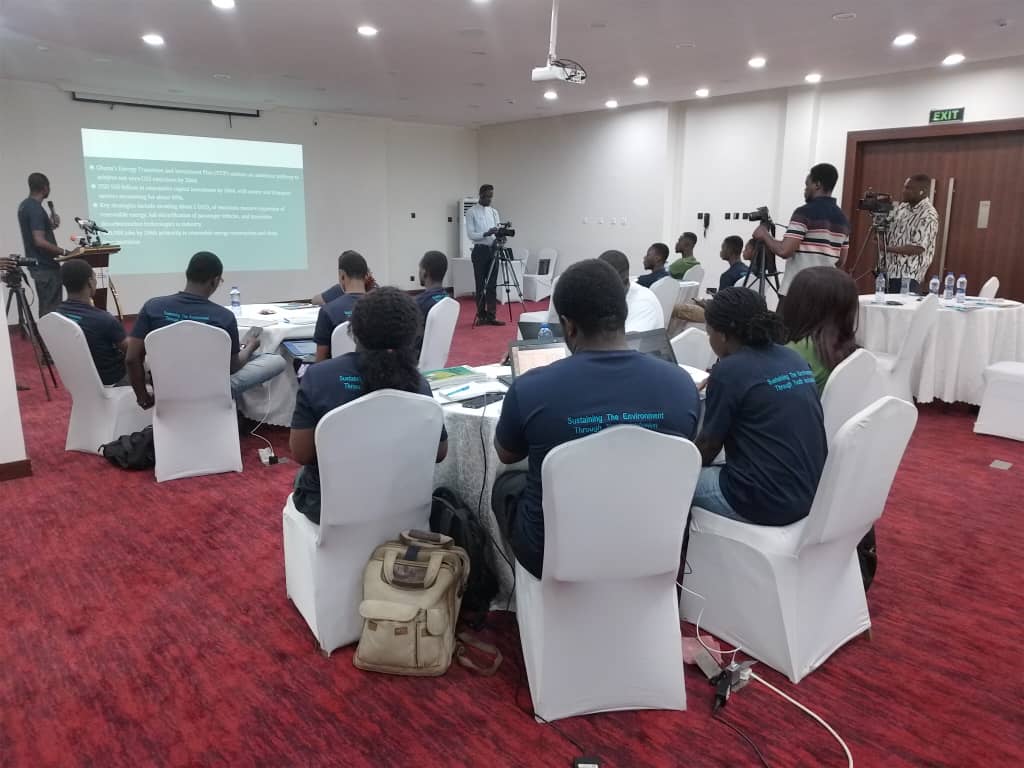SYND Report Recommends Measures to Boost Youth Participation in Energy Transition Agenda
The Strategic Youth Network for Development (SYND) has called on the government to actively involve young people in Ghana’s energy transition agenda.
This recommendation was outlined in a newly released report that proposes various initiatives to enhance youth participation in the country’s shift towards renewable energy.
Among the key recommendations put forward by SYND include; the establishment of a comprehensive clean energy skills development programme, the launch of a youth clean energy entrepreneurship fund, and the development of a digital platform for energy transition awareness and engagement.
The report also recommends the implementation of a youth energy transition leadership programme and the creation of industry-academia partnerships for applied research and innovation in renewable energy.

Speaking at the report launch on Tuesday, April 8, 2025, the Executive Coordinator of SYND, Chibeze Ezekiel, emphasized the necessity of integrating young people into Ghana’s energy transition agenda.
“We know the government has an ambition to transition by 2060 or 2070, but we believe that even though those are very ambitious targets, they must also involve young people. Our research tells us that 38 percent of Ghana’s population consists of young people between 15 and 35 years. If we don’t consciously involve them, it’s going to lead to serious problems for us,” he stated.
Mr Ezekiel further highlighted the role of youth-led green enterprises, noting that many young people are already involved in sustainable energy initiatives but lack the necessary financial and technical support to scale their businesses.
He called for targeted funding, capacity-building programs, and policy incentives to nurture these green energy-centered enterprises.

Addressing financial sustainability, Mr Ezekiel pointed to the diminishing foreign aid to Ghana and suggested that the country explore internal revenue sources to support its renewable energy agenda. He recommended the strategic allocation of oil revenues toward green energy projects and emphasized the importance of enforcing the Renewable Energy Amendment Act, which mandates high-emission companies to invest in solar energy initiatives.
“We can’t continue to overly rely on donor support. Let’s look inward and identify what resources we have as a country to develop our renewable energy sector. One way is to redirect part of our oil revenues toward green energy investments. Another is to ensure that emitting companies comply with their obligations under the Renewable Energy Amendment Act,” he noted.
According to the SYND report, 71% of young Ghanaians express a strong interest in contributing to the country’s energy transition, yet many face barriers due to inadequate access to funding and skill development opportunities.
With 73.5% of Ghana’s population under the age of 36, and 38.2% within the critical working age bracket of 15 to 35 years, the report stresses the importance of positioning young people at the center of energy transition efforts.
SYND is urging the government to recognize the contributions of young entrepreneurs in the green economy and provide them with the necessary support to foster job creation and economic growth within the renewable energy sector.









